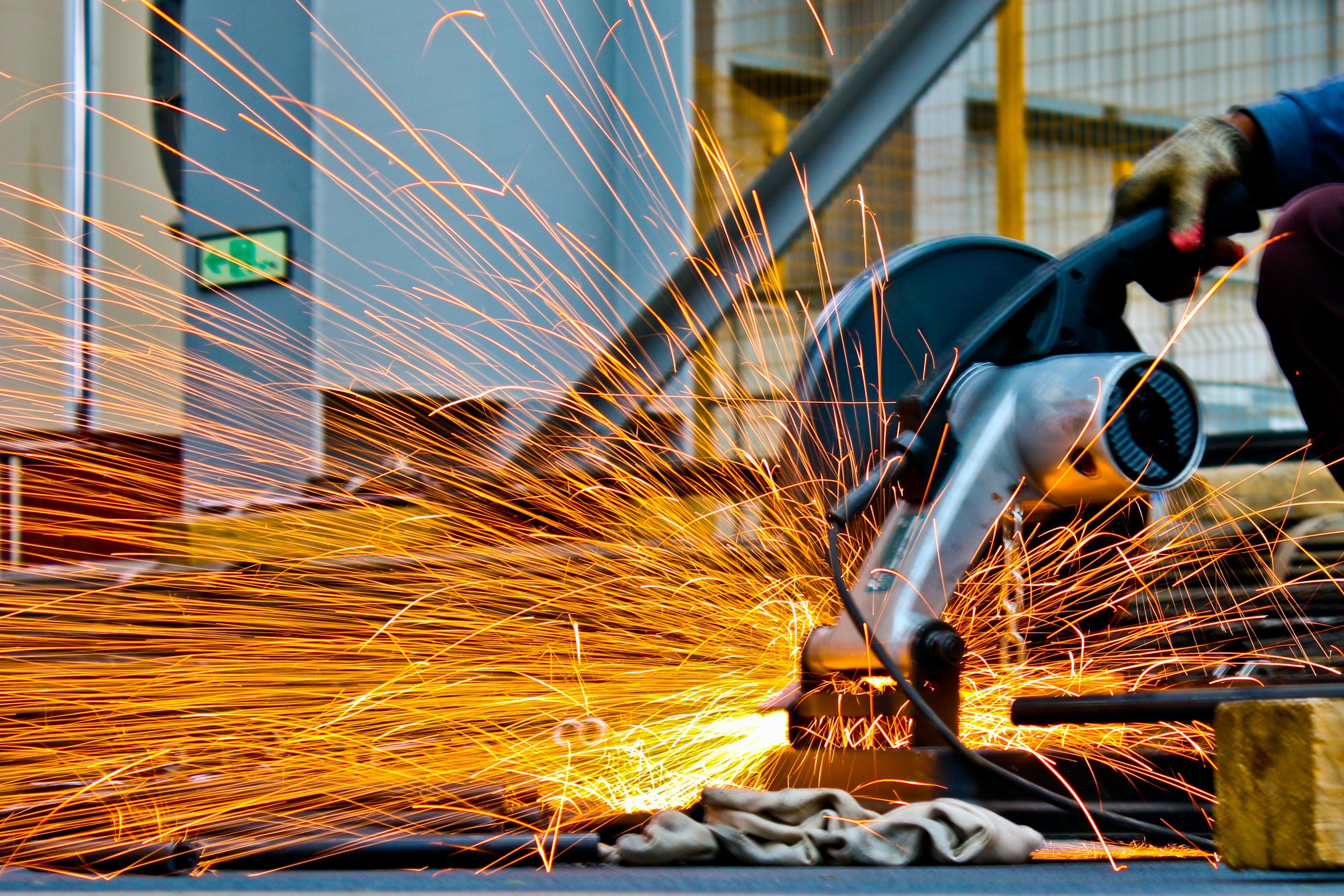In industrial fluid delivery systems, chemical pump motors are the core of industrial equipment and directly determine the operating efficiency and system stability. The selection of chemical pump motors represents a complex engineering process, in which configuration decisions have a significant impact on the productivity, reliability and service life of the system. This article systematically outlines the workflow and key considerations for chemical pump motor selection.
The basic principles of chemical pump motor selection follow the following key aspects:
1. Define operating conditions and requirements

Before selecting a chemical pump motor, it is necessary to fully understand the operating environment, media characteristics, pressure levels, flow rates and performance benchmarks. These parameters fundamentally determine the motor specifications and installation configuration.
Corrosive media? For corrosive fluids, corrosion-resistant materials (316L stainless steel, Hastelloy) and ceramic coatings are used for enhanced protection.
High temperature operation? For environments exceeding 120°C, H-class insulated chemical pump motors are preferred; for conditions below -20°C, antifreeze lubrication systems are implemented.
Explosion risk? Select chemical pump motors with Ex d IIC T4 certification for hazardous areas, flameproof models are recommended in Zone 1 environments.
2. Determine chemical pump motor category
Evaluate chemical pump motor types (AC/DC/stepper) based on operational needs through comparative analysis of technical specifications to determine the best solution for specific working conditions.

3. Evaluate performance indicators
Key parameters including rated power, speed, torque characteristics and vibration frequency need to be carefully matched to ensure smooth operation, energy saving and noise reduction while preventing mechanical overload.
4. Perform comprehensive sizing calculations
Parameterize system requirements and chemical pump motor specifications (power/speed/torque) through engineering calculations, and then iteratively optimize the selection plan.
5. Verify selection results

Evaluate the shortlisted chemical pump motors in multiple dimensions to verify whether they meet technical specifications (power efficiency, etc.), operational reliability, durability and environmental suitability to ensure extended service life under specified operating conditions.
In short, chemical pump motor selection is a complex system engineering challenge that requires balancing technical parameters, economic factors and operational performance. By systematically applying selection principles and rigorous calculation verification, engineers can develop chemical pump motor configuration solutions that meet both practical requirements and high technical standards.
